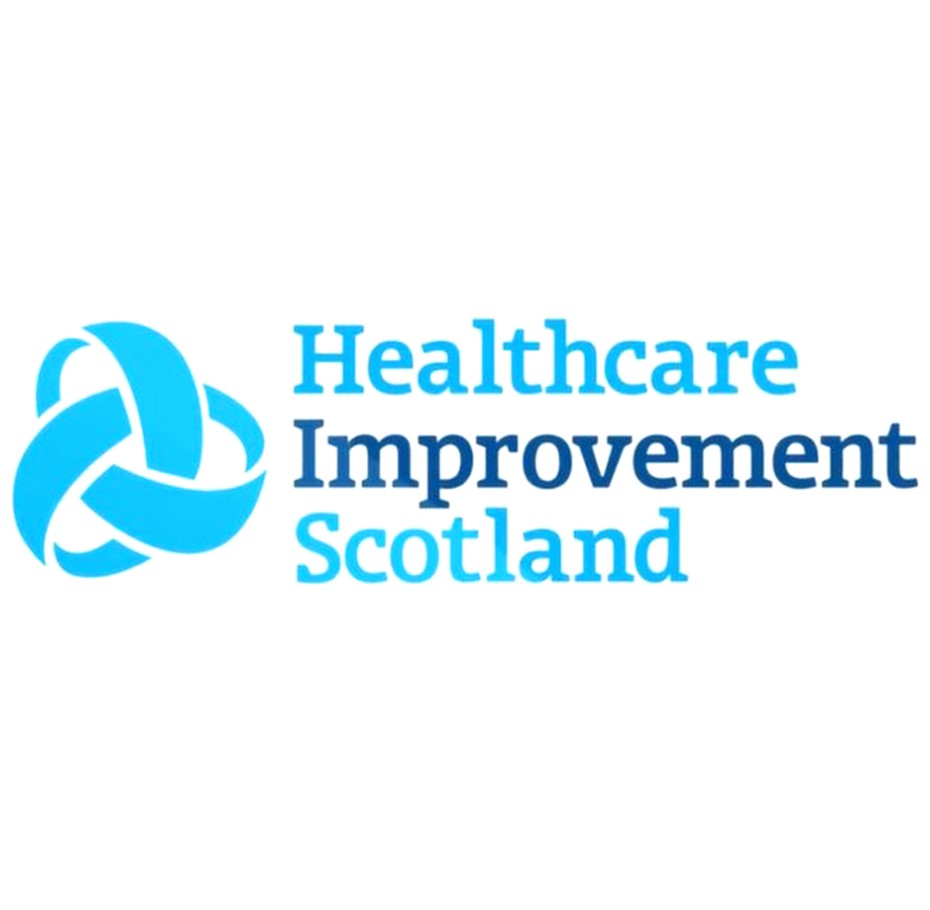Systems are in place in each NHS board to monitor and report incidents involving syringe pumps and staff should be familiar with the local incident reporting system (e.g. DATIX). All incidents must be reported and investigated.
What defines an incident?
When a pump is involved in an incident all relevant information should be shared with the Medical Physics department including adverse events and near misses due to a faulty pump or operator error.
Examples include:
- infusions completing ahead of intended time (finishing > 1 hour early)
- infusions carrying on beyond intended time of completion (carrying on for > 1 hour late, or > 5% of the prescribed medicine remaining in the pump at the end of the infusion period)
- device not alarming during an alarm condition
Any syringe pump involved in an incident should be removed from use and sent to the Medical Physics Department at the earliest opportunity. Only under exceptional circumstances should the syringe and extension line be sent with the pump which must be discussed in advance. The Medical Physics team can generally obtain the information needed from the software used in the syringe pump.
Where the pump was involved in an incident involving serious harm to the patient, the clinical lead should consider contacting the Incident Reporting and Investigation Centre, Health Facilities Scotland before forwarding it to the Medical Physics Department.
Incidents related to prescribing, mixing of medicines and administration must be reported and managed via local incident reporting systems. All healthcare staff have a professional responsibility to report any incidents to their line manager. A clear description of the incident should be provided via the local reporting system.
Key Point: It is important to document any delays or disruptions that prevent the infusion from completing on time as this may influence the decision to report an incident.
Hazard warning notification
All NHS boards operate a cascade system for hazard warning notifications. Individuals with responsibility for managing areas where syringe pumps are in use must ensure relevant notices are cascaded, reported and acted upon.
